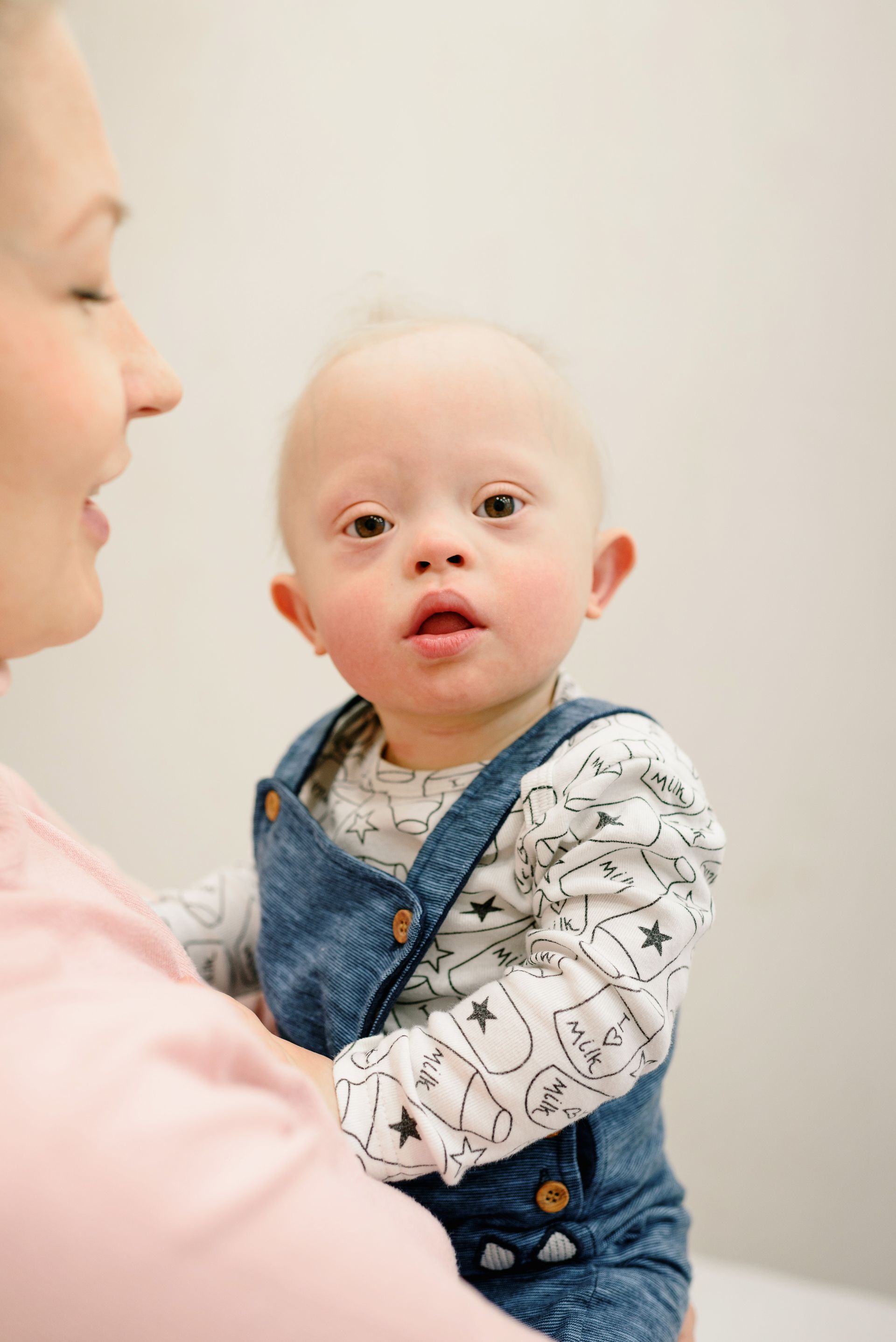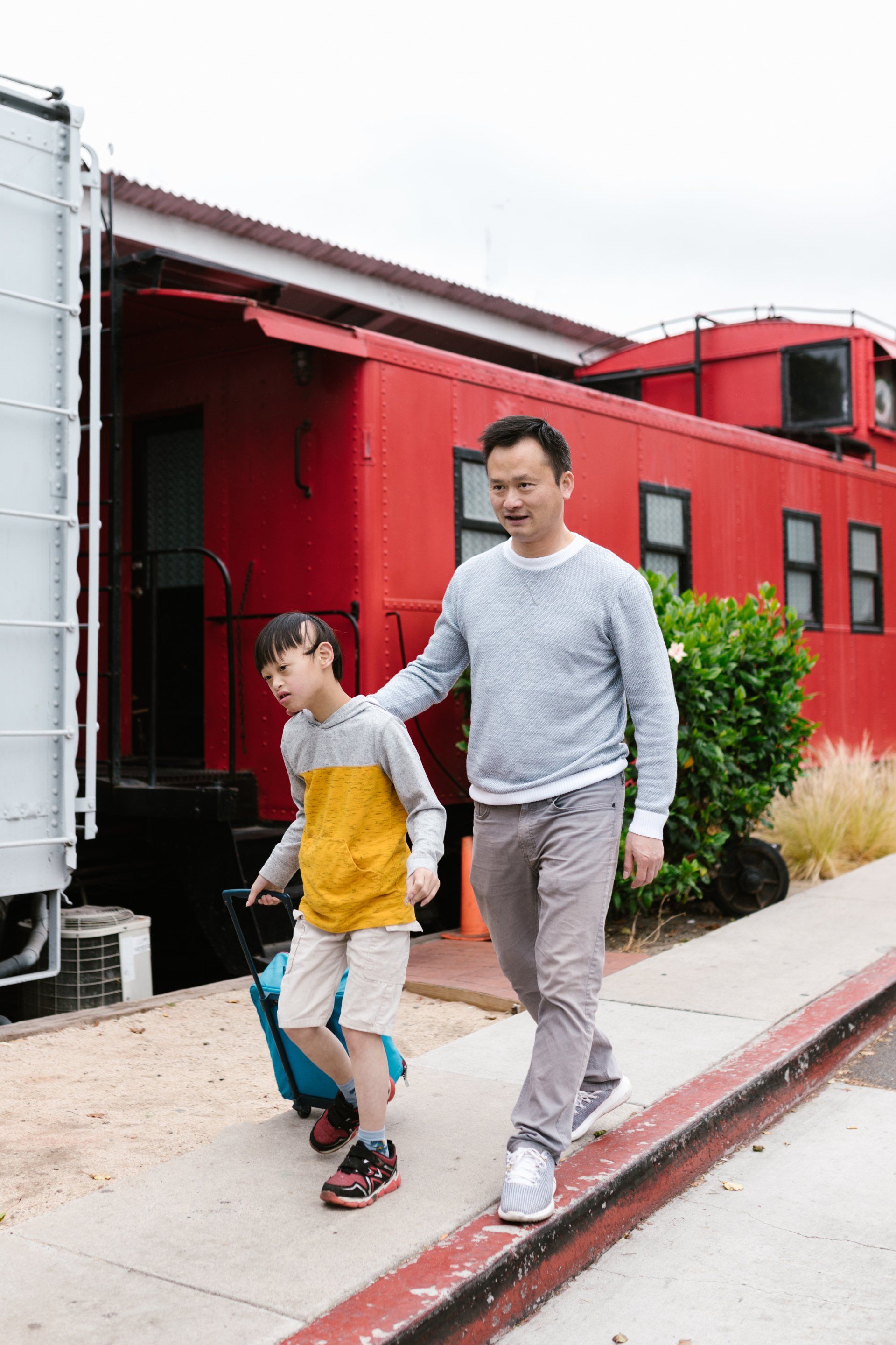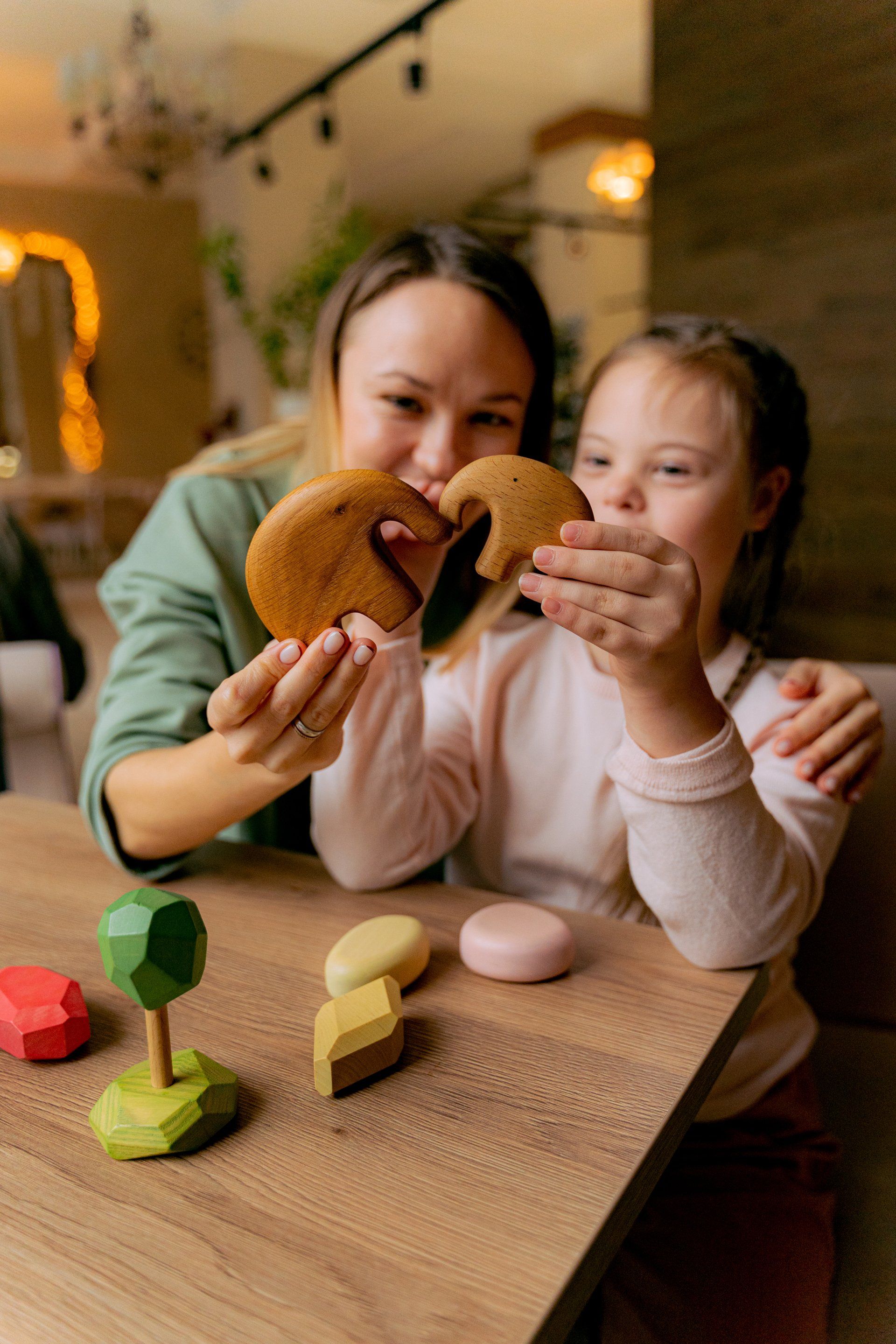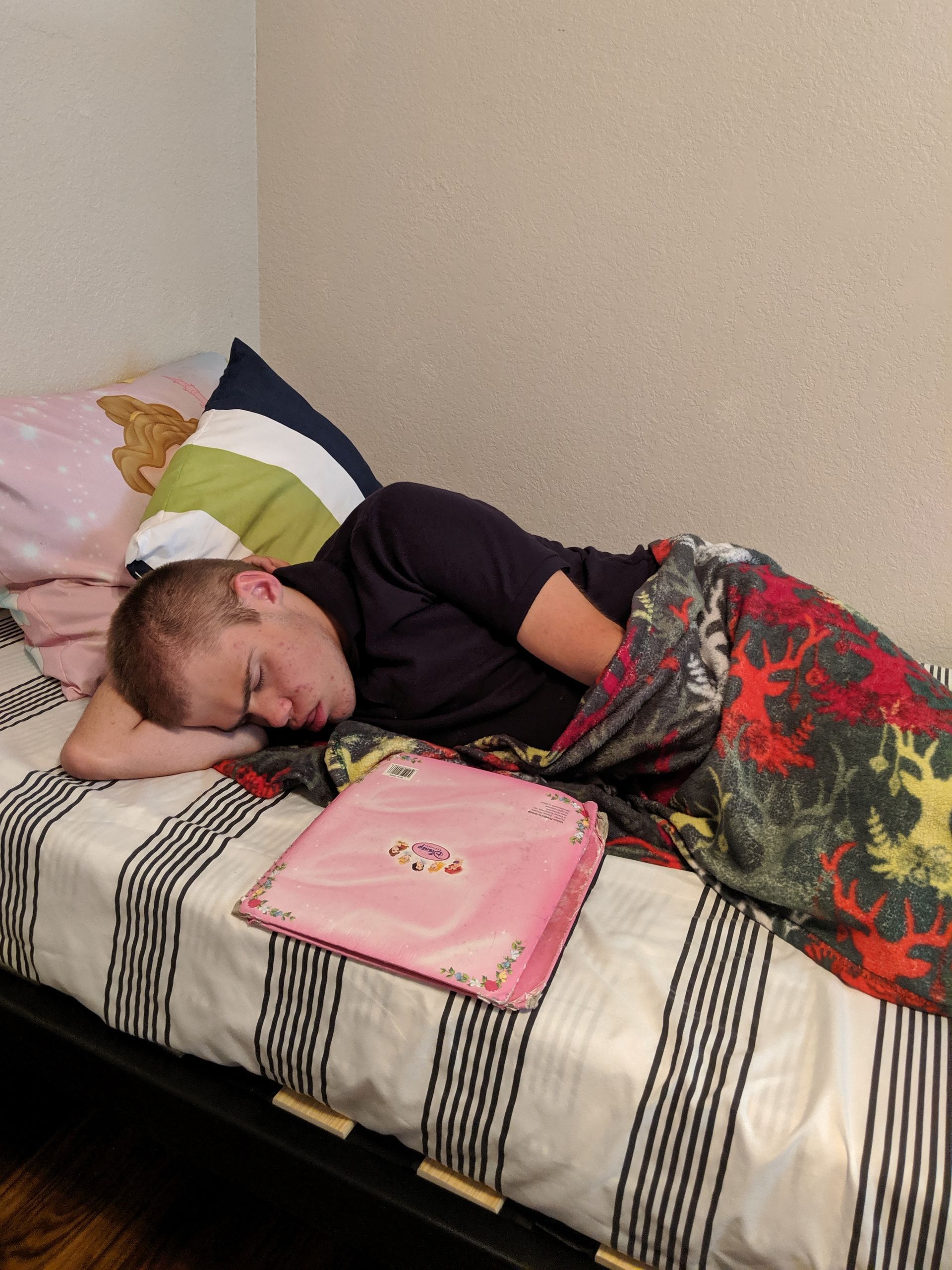Caring for Highly Disabled Children: A Guide for Parents and Caregivers
This guide is designed to support you through the complexities of caring for children with autism, non-verbal conditions, physical disabilities, cognitive impairments, and severe autism.
The World Through Their Eyes
Understanding your child's perspective is crucial. Each disability presents its own set of challenges:
- Autism Spectrum Disorder (ASD): Children with ASD may struggle with social interaction and communication, often displaying repetitive behaviors.
- Non-verbal Conditions: These children communicate differently, relying on gestures, sounds, or assistive technologies.
- Physical Disabilities: Mobility issues can range from mild to severe, affecting independence and daily activities.
- Cognitive Impairments: Learning and processing information may be challenging for these children.
- Severe Autism: This involves significant difficulties in communication, social interaction, and behavior management.
"When my son was diagnosed with severe autism, I felt lost. But learning about his world opened up new ways for us to connect." - Sarah, mother of 7-year-old Alex
Navigating Daily Challenges
Breaking Through Communication Barriers
For non-verbal children or those with severe autism, communication can be a significant hurdle. Consider these strategies:
- Implement visual aids like picture boards or PECS (Picture Exchange Communication System).
- Explore assistive technology devices that can give your child a voice.
- Learn and use sign language together.
Learn more about augmentative and alternative communication (AAC) devices
Managing Emotional Stress
Caring for a highly disabled child can be emotionally taxing. It's crucial to:
- Practice self-care regularly. Even 10 minutes of meditation can make a difference.
- Seek professional support or counseling when needed.
- Connect with other parents who understand your journey.
Overcoming Mobility Issues
For children with physical disabilities:
- Work with occupational therapists to find adaptive equipment that suits your child's needs.
- Make home modifications to ensure safety and accessibility.
- Encourage independence where possible, celebrating small victories.
"We turned our living room into an obstacle course. It's not just therapy; it's become our favorite family game!" - Mike, father of Emma with cerebral palsy
Specialized Therapies
Tailored therapies can significantly improve your child's quality of life:
- Speech and Language Therapy: Crucial for children with communication difficulties.
- Occupational Therapy: Helps with daily living skills and fine motor control.
- Physical Therapy: Essential for children with mobility issues.
- Applied Behavior Analysis (ABA): Beneficial for children with autism to improve specific behaviors.
The Power of Community
Never underestimate the strength you can draw from others:
- Join local support groups for parents of disabled children.
- Participate in online forums and communities.
- Attend workshops and conferences to stay informed and connected.
Find A Online Support Group.
We are listing a number of groups here. However, it's important to find a community that feels safe and supportive for you. When joining an online community, be sure to read the community guidelines and expectations. You should also be aware that not all online communities are created equal. Some may be more supportive and helpful than others.
Additional Tips:
- Start by searching for online communities that are specific to your child's diagnosis or age group.
- Look for communities that are moderated by professionals or experienced parents.
- Be sure to read the community guidelines before posting or participating in discussions.
- Be respectful of other members and avoid sharing personal information.
Here are some online support communities for autism and children's disabilities:
- Autism Speaks: This organization offers a variety of online resources, including message boards and online support groups. You can connect with other parents and caregivers, share experiences, and get advice from experts.
- MyAutismTeam: This social network is specifically designed for parents of children with autism. You can join groups based on your child's age or interests, and connect with other parents who are going through similar experiences.
- Understood: This website offers a variety of resources for parents of children with learning and attention issues, including autism. You can find articles, videos, and tools to help you support your child.
- Verywell Health: This website offers a variety of articles and resources on autism and other developmental disabilities. You can also find information on how to find support groups in your community.
- Autism Society: This organization offers a national helpline and online resources, including a message board. You can connect with other families and get information on autism.
Share










